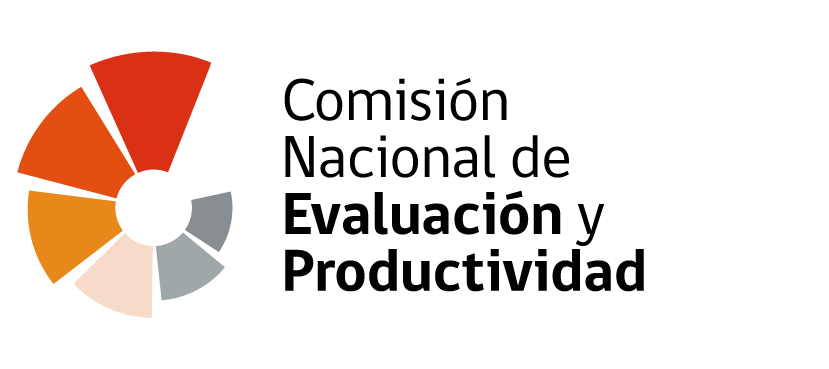
29 Aug The CNEP analyzes public policy evaluation tools and prepares medium-term recommendations.
The National Commission for Evaluation and Productivity (CNEP) works within the scope of its responsibilities related to the evaluation of public policies and the improvement of regulatory quality.
In this context, the entity has defined the creation of a document called the “Medium-Term Evaluation Agenda,” which will be renewed every five years.
Regarding this, the Executive Secretary of CNEP, Rodrigo Krell, emphasized that this is an unprecedented effort as it will, for the first time, systematize all the instruments used in Chile to evaluate public policies, both at the central and sectorial levels.
It will also include a diagnosis of these instruments to provide institutional, methodological, and regulatory guidelines for strengthening and promoting evaluation.
The new document created by CNEP, the “Medium-Term Evaluation Agenda,” has two main objectives: to compile a list of instruments used to evaluate public policies in Chile, which the entity calls the “evaluation ecosystem,” and to develop a diagnosis with institutional, methodological, and regulatory recommendations to enhance and promote evaluation over the next five years.
The development of this work, which is part of the functions CNEP assumed in 2022 concerning improvements in regulatory quality and the evaluation of public initiatives, is an unprecedented milestone in public policy. It is the first time a systematization of the currently functioning evaluation instruments will be undertaken.
It’s worth noting that within the scope of evaluated public policies, institutions, plans, policies, strategies, regulations, investments, and programs will all be considered.
Some of the main instruments that make up the evaluation of public policies include the following: the Evaluation System for Public Programs of the Budget Directorate (DIPRES) and the Ministry of Social Development and Family (MDSF), the National Investment System (SNI) of the MDSF, Regulatory Impact Assessments from the Ministry of Economy, Development, and Tourism (MINECON) and the Ministry of General Secretariat of the Presidency (SEGPRES), and the Evaluation Department of the Law of the Chamber of Deputies, along with other sector-specific evaluation tools, such as the Evaluation Department of the Undersecretariat for Crime Prevention.
Among the preliminary findings, a wide range of unevaluated public policies has been identified, along with the lack of a systemic vision that involves collaborative and coordinated work among evaluating entities. Finally, in addition to defining the creation of the “Medium-Term Evaluation Agenda,” CNEP will produce an Annual Evaluation Report. This report will investigate how the evaluation of policies occurred during the period, which initiatives were analyzed, the methodologies used, any missing elements, and other relevant aspects. Additionally, the report will contain a thematic chapter dedicated to evaluating territorial planning and organization.



